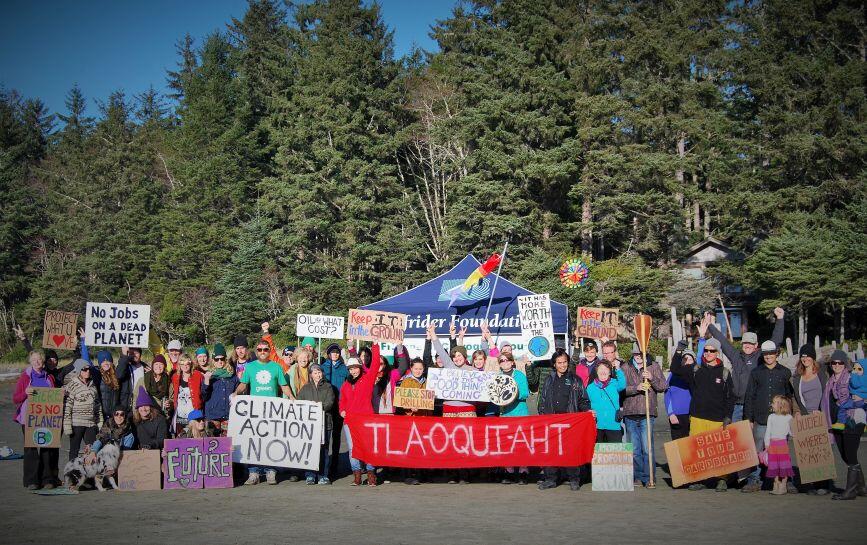2015 is officially in the books as “the hottest year on record”. According to independent analyses by NASA and the National Oceanic and Atmospheric Administration, Earth’s average surface temperature has risen about 1 degree Celsius in the last 135 years.
The scientific community agrees that the warming is being driven by human-made emissions into the atmosphere. Concluding that the warming must stay within a threshold of 2 degree C to limit the worst impacts of climate destabilization including rising seas, hurricanes, heat waves, and droughts.
In December, at the 21st United Nations’ Climate Summit in Paris, world leaders from 195 countries came together to address this unprecedented challenge. After two weeks of negotiations, the world’s first comprehensive climate agreement was reached, aiming to keep global temperatures from rising 2 C compared to pre-industrial times, while striving for a 1.5 degree limit.
To achieve this, the Paris Agreement sets the goal of a carbon-neutral world around 2050. Countries will now have to prepare, maintain and publish their own greenhouse gas reduction targets, striving to reduce carbon output with the “highest possible ambition.”
The funding needed to pay for this great transformation to carbon-neutrality is available. For example, ending fossil fuel subsidies and cutting military spending, in addition to introducing financial transaction taxes and increasing income taxes on corporations would enable much greater investments in energy conservation, efficiency, and renewables.
The Paris Agreement also calls on developed nations, including Canada, to contribute $100 billion annually to developing countries by 2020 to help foster carbon-neutral economies. But after a decade of subsidizing oil and gas extraction, the Government of Canada is coming to grips with the reality of a petrodollar economy as oil prices plummet.
Resistance to carbon intensive projects begins at the community level but must also be felt in the corridors of power where there is institutional inertia to change. For example, the National Energy Board (NEB) is supposed to be a legal body of the Government of Canada that considers evidence on proposed oil and gas pipelines and then decide if the project in the “public interest.” Yet, the NEB approves almost every project.
During the recent assessment process for Kinder Morgan’s Trans Mountain Expansion Pipeline, which proposes to triple existing capacity to transport tar sands oil from the Alberta to the BC coast, the NEB decided that it would not review any evidence about global climate change. Then in a serious conflict of interest, Steven Kelly, who had submitted the proposal on behalf of Kinder Morgan was appointed full-time to the NEB just prior to the federal election.
First Nations along the pipeline route, as well as the Municipality of Burnaby and the Government of British Columbia are opposed to Kinder Morgan’s pipeline proposal. Protests in Burnaby are growing outside the National Energy Board hearings. Over a year ago, 100 people were arrested protesting on Burnaby Mountain, and now thousands more are prepared to take action if the pipeline expansion is approved.
Considering the significant threats that climate change poses, building new infrastructure projects that lock us into increased fossil fuel extraction decades into the future can no longer be approved. This applies equally to oil and gas pipelines; fracking from British Columbia to New Brunswick; increased tanker traffic off the coasts; and to Canadian-owned mining projects the world over.
By Jeh Custerra
